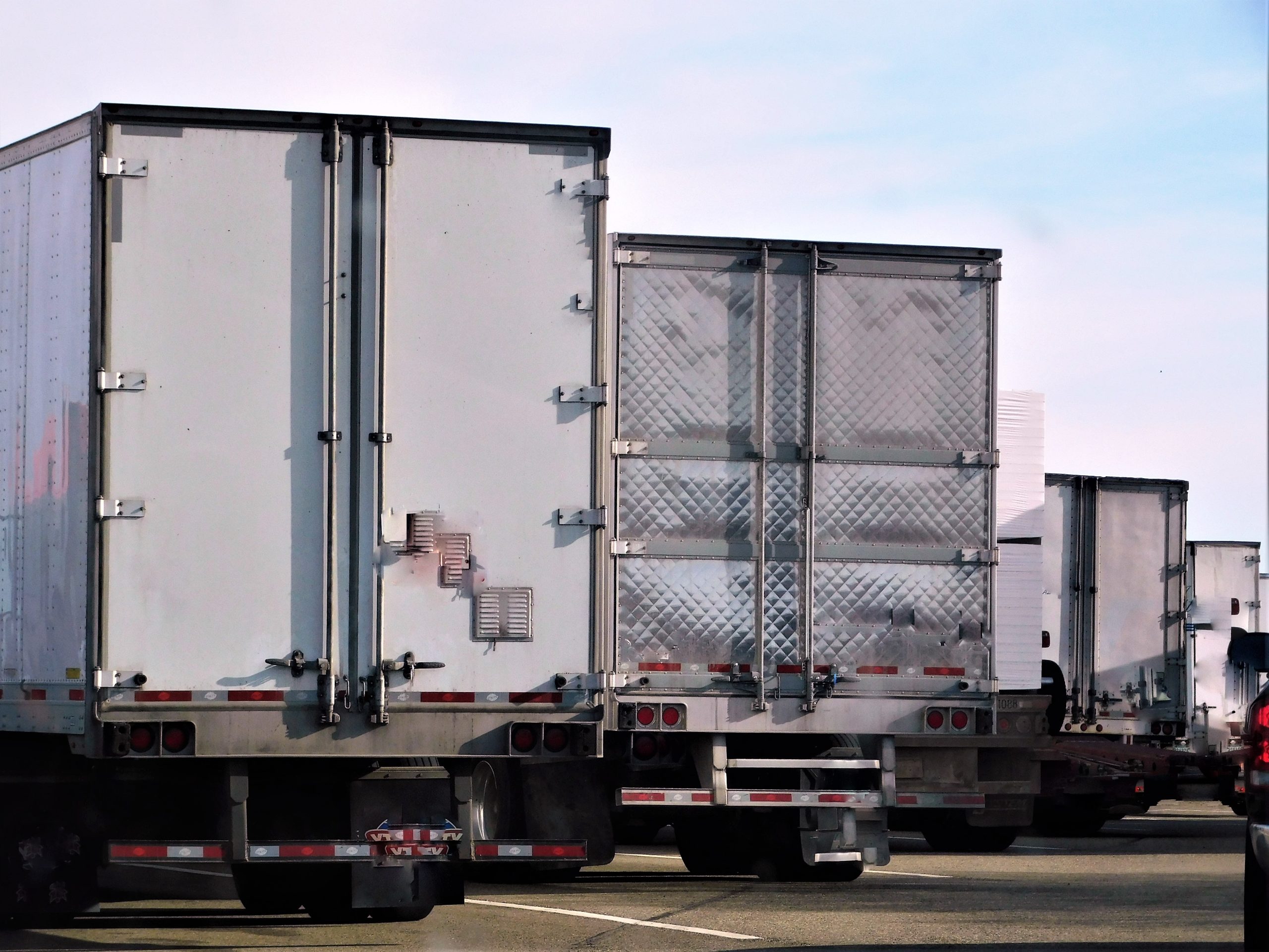Choosing Between LTL and FTL Shipping: Which Is Right for Your Business?

At Say Cargo Express, two of our most common services are Less-than-Truckload (LTL) and Full Truckload (FTL) shipping. Each comes with its own set of benefits and considerations, making it important to understand their differences. Our experts are here to help by breaking down the ins and outs of LTL and FTL.
Less-than-Truckload (LTL) Shipping:
LTL caters to businesses with shipments that don’t require the use of an entire truck’s capacity. This option allows multiple shippers to share space on a single truck. Here’s why LTL might be the right fit for you:
- Cost Efficiency: LTL shipments are more cost-effective for smaller loads, as you only pay for the space your goods occupy. Sharing the truck’s cost with other shippers helps lower expenses.
- Flexible Scheduling: LTL carriers follow set routes and schedules, enabling you to ship smaller quantities regularly without waiting for a full truckload.
- Reduced Carbon Footprint: LTL shipping’s capacity-sharing model contributes to reducing carbon emissions by optimizing truck space.
Full Truckload (FTL) Shipping:
FTL shipping is ideal for businesses with larger shipments that require the use of the entire truck’s capacity. This option provides several advantages for businesses with substantial cargo:
- Faster Transit Times: FTL shipments have fewer stops compared to LTL, resulting in quicker transit times since your goods travel directly from origin to destination.
- Reduced Risk of Damage: Since FTL shipments aren’t consolidated with others, there’s a lower risk of goods getting damaged during loading and unloading.
- Privacy and Security: FTL shipments are sealed and dedicated solely to your cargo, ensuring privacy and security throughout the journey.
Choosing the Right Approach for Your Business:
To decide between LTL and FTL, consider the following factors:
- Shipment Size: If you’re shipping a smaller load, LTL might be the more cost-effective choice. For larger shipments, FTL provides dedicated space and faster delivery.
- Frequency: If you have frequent, smaller shipments, LTL offers more regular scheduling. For occasional large shipments, FTL might suit your needs.
- Budget: Evaluate your budget against the costs associated with LTL and FTL. Remember that LTL can save costs on smaller shipments due to sharing.
Choosing between LTL and FTL shipping depends on your business’s unique needs. LTL is advantageous for smaller shipments, offering cost savings and flexibility, while FTL is ideal for larger shipments, providing faster transit times and enhanced security.
Partnering with an experienced freight forwarder like Say Cargo Express can help you navigate these options and make an informed decision that ensures your goods reach their destination efficiently and cost-effectively. Get in touch with us today!

Recent Comments